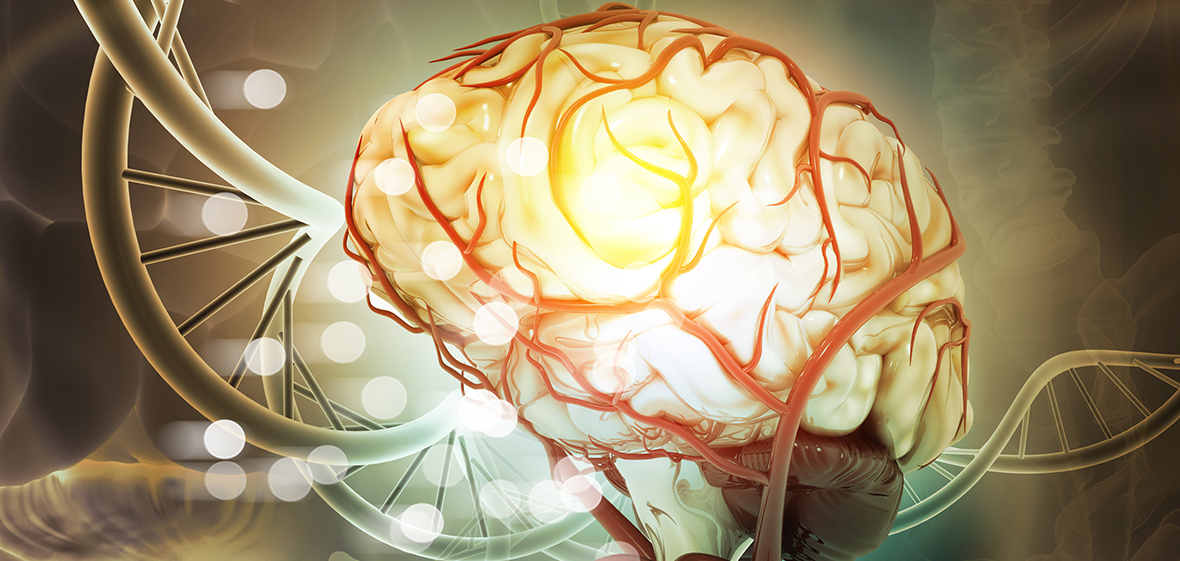
If you have Parkinson’s disease, tremors, epilepsy or other related conditions, you may benefit from deep brain stimulation (DBS). DBS is performed to regulate abnormal activity and chemical imbalances in the brain.
DBS is a procedure where surgeons implant electrodes into a specific part of the brain. The electrodes, which are thin wires with insulation, connect to a generator implanted in the chest near the collarbone that sends electrical pulses to the brain. The electrodes are inserted through a tiny opening the surgeon creates in the skull.
You may be referred to a neurosurgeon for DBS if medication or physical therapy for your neurological disorder is not effective or causes adverse side effects that you cannot tolerate. Before your surgery, you will undergo urine and blood tests, CT and/or MRI scans and other tests. These tests and scans will help determine if you can be medically cleared for surgery.
Advantages and Risks
Depending on the symptoms you are experiencing, DBS can be conducted on one or both sides of your brain and customized according to your needs. The implanted generator can give you relief from your symptoms all day, every day. If you experience adverse effects from your DBS procedure, it can be reversed.
You may experience side effects from DBS. For example, you may lose your balance, have difficulty speaking or seeing objects, feel like your muscles are being pulled or experience tingling in your limbs or face.
DBS also comes with potential risks that occur in a small number of patients, including mental health conditions, headaches or infection. There is also a risk of the generator or electrodes malfunctioning and needing adjustment or replacement.
One percent of patients suffer from stroke or brain hemorrhage as a result of DBS. Patients who are 70 and older or who have cerebrovascular disease or high blood pressure are at greater risk.
For many patients, DBS surgery is extremely effective and does not come with adverse effects.
If you have Parkinson’s disease, epilepsy, tremors, a movement disorder or a similar condition where you may benefit from DBS, UofL Physicians – Neurology can help determine when and if DBS may be an appropriate option for you. You can call 502-588-4800 to schedule an evaluation. If you have not been diagnosed with a neurological condition but believe you may have one, visit UofL Health – Primary Care or call 502-588-4343 to find a primary care provider near you.









